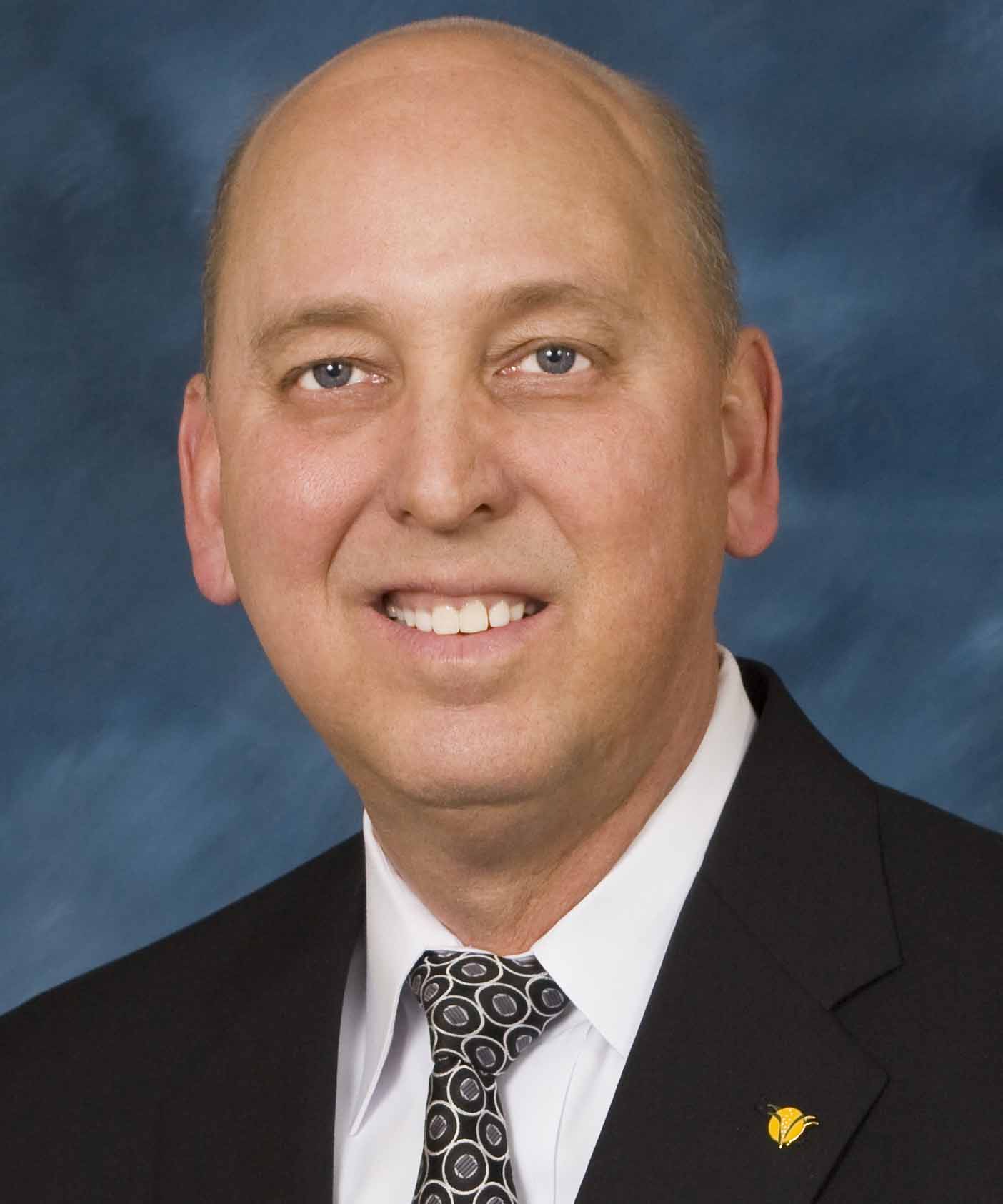Chairman Mark Harless reflected on the year of the COVID-19 pandemic and its impacts on our personal lives, communities, and nation. He offered Golden Growers’ deepest sympathies to friends and families of numerous members who have died from the virus in the past year.
The pandemic had significant impacts on agriculture, according to Harless. Specific to corn milling, fewer cars on the road resulted in gas consumption at its lowest level since 1997, an ethanol production decline by over two billion gallons, and facilities idled or permanently closed. Corn based sweeteners lost business as bars, restaurants, and sporting events were severely restricted. On the positive side, as consumers shifted to online shopping, starch used for the production of cardboard boxes saw a significant increase in demand.
At the ProGold plant, Cargill made adjustments in operating procedures to keep their staff save and maintain uninterrupted operations. “They did a great job”, congratulated Harless. He also offered his congratulations to members for continuing their commitment to feeding the world despite risks involved.
Harless acknowledged some anxiety about policy changes at the federal level with a change in administration. “We do expect the Biden administration will take a different approach toward the ethanol industry. We anticipate fewer small refinery waivers to be approved. The focus on carbon reduction may benefit the renewable fuels industry,” stated Harless.
In the past year ProGold LLC continued to make investments in the plant. “Repair of the finish dryer was completed and the phased replacement of the distributive control system continues to move forward and on schedule,” relayed Harless. While acknowledging additional capital expenditures are likely for a 30 year old plant, Harless stressed that the ProGold plant continues to be in very good condition. There were no natural gas curtailments in 2020 due to a ‘bypass’ project at Fergus Falls that was completed in 2019. Natural gas supply continues to be an issue for the future, however. He indicated that local and state officials continue to work on our behalf on this matter.
As for the future, Cargill’s lease with ProGold continues through 2022, with the possibility of an additional year (through 2023). “While Cargill’s exclusive option to purchase 50% interest in the plant continues through 2021, ProGold will begin preparations for lease negotiations this year,” said Harless.
With vaccines rolling out and infection rates on the decline, Harless said, “We have hope for better days to come. Next year, we anticipate meeting you face to face at our annual meeting with a nice meal to follow.”







